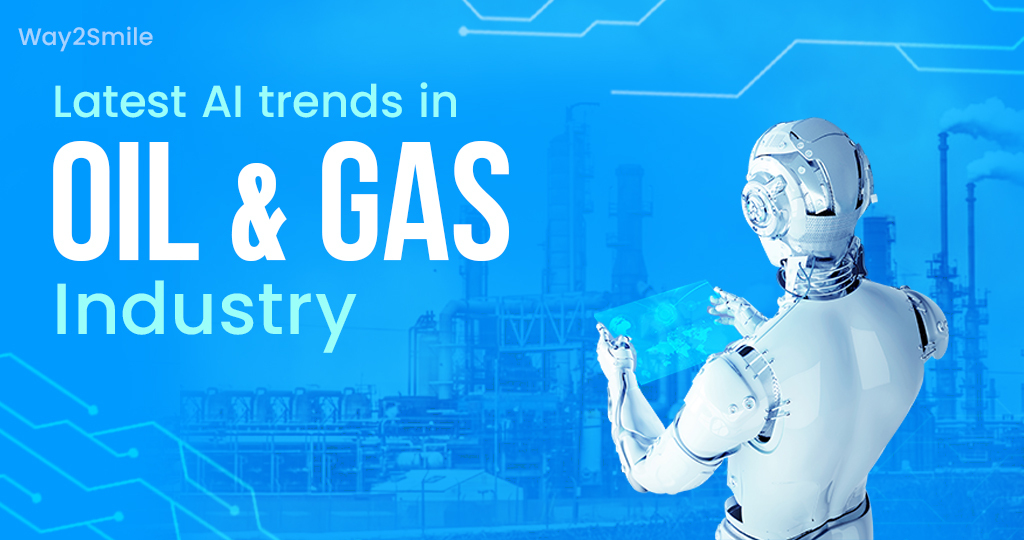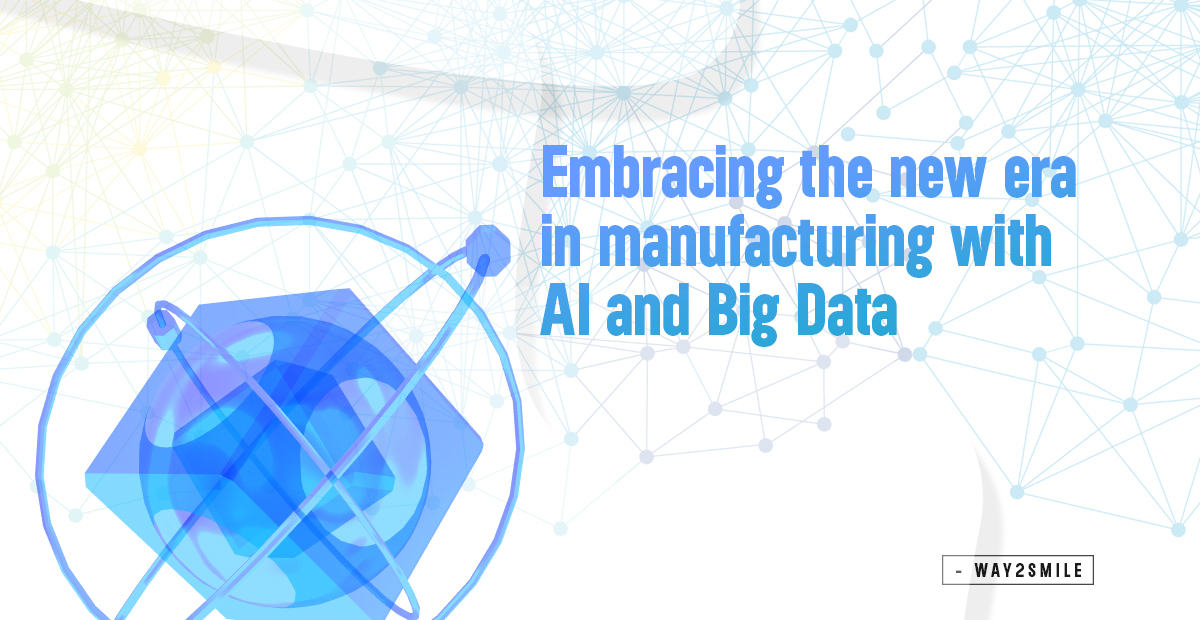Technological disruption in industries that drives the global economy can set new goals for the unified government. As international relations are getting stronger day by day, governments across the world are working in clusters to move towards a common goal. And technology is driving the unified government towards their common objective, more effectively. So, the role of technology in the global arena is crucial to bring positive change to the community. In this sense, the oil & gas industry is embracing technological disruption for the following reasons.
- Better data processing.
- Increasing the efficiency of the process.
- Using automated machinery.
- Using IoT devices to streamline the process.
- Incorporating robotics, AI, ML, automation, etc.
- Ensuring safety and better risk management.
- Assessing environmental impact.
- Forecasting the demand vs supply trends.
It is obvious that technological innovations are shaping up the O&G industry. Ever since AI has entered the picture, the way in which non-durable goods have been produced or manufactured has completely changed.
The impact of AI in the oil and gas industry
The impact of Artificial Intelligence in the O&G industry has created ripples across many other industries. The oil and gas industry is a relatively tougher industry to survive. Previously, there have been many casualties due to the nature of the operations involved. Most of the potential oil fields are found beneath the ocean floors.
The geography of these operations has always proved to be a risk. The energy sector is heavily dependent on fossil fuel reserves. The rise in demand has increased the price of fuel. A report suggests that nearly 1566 people died between 2018 to 2017. This number is staggering enough, but the original figure is expected to be higher than this as the record maintenance in the O&G industry has always been poor.
Through Artificial Intelligence, this number could be drastically trimmed down. Replacing high tech AI with IoT devices in the O&G industry could replace the human workforce that carries out risky operations. This doesn’t stop here. Nearly 5.4% of the global trade is comprised of crude oil and petroleum export. There are a lot of moving parts here, including the logistics department. Using AI to find the optimal route to transport this critical resource can save tons of time and expenditure costs.
How AI is improving risk management in the O&G industry?
The risk involved in the O&G industry is far greater than any other industry involved. More importantly, this risk can cause irreversible damage to the environment, on the lives of people, on the resources available at the hand, and a lot more.
The environmental risks are significantly higher in the O&G industry than in any other industry on the line. The extraction of the fuel increases the number of greenhouse gases in the atmosphere which in turn traps heat and stores it in the environment. This increases the global temperature which is the most important reason for the melting of polar ice caps. A report suggests that the rise of sea level could affect three times more people in the near future. By 2050, the coastal land where more than 150 million people are currently residing could be submerged underwater. This chain of events originates from our excessive dependency on fossil fuels. Artificial intelligence could screen through mountains of data to identify weather patterns and ocean patterns to reduce the risk associated with the process.
The marine biosphere is severely affected due to oil spills. Effective management in the types of machinery could help create some sort of mechanism that acts as the first line of defence against such unfortunate events. Oil mining mainly occurs in the deepest of the ocean beds. The ocean biosphere supports marine life that is relatively underdeveloped when compared to the other biospheres. The oil extraction is an extra burden on marine life and could even lead to the extinction of some of these species. Ai could help track the factors associated with the oil spillage. Even small tweaking could have a significant impact on the biosphere.
Furthermore, AI can help analyze the toxic substances in the water. It can also be implemented in a system that monitors the system and comes up with ways to reduce the potency of such contamination.
Role of AI in controlling the market surplus and demand
AI is a boon for all the data analysts out there. AI-powered analytics can change the way that the commodity is viewed in the market. The recent pandemic has created a dramatic spike in fuel prices. Leveraging predictive analytics could help governments to foresee this phenomenon.
The non-durable industry is producing goods that are supposed to be consumed within a short span of time. This means that the conversion of the raw material to a finished product has to happen under a strict timeline. In recent times, even big names in the industry are failing to satisfy the market demands. The obvious reason is poor supply chain management. These large corporations could have saved billions by utilizing the prowess of AI.
The future of Artificial Intelligence is going to sky-rocket. The internet penetration in the middle east has been approaching a hundred per cent. This means that people are embracing technological innovations and are using them to their advantage. Incorporating AI could help analyze the scope of the alternatives to the systems that are powered by fossil fuels. The change has to happen gradually but steadily!
Wrapping this up,
Many IT consulting companies in the market are levelling up their AI game. Though the term Artificial Intelligence has been saturated by the market mediators, the potential of AI is still huge! Right from exploration, production, midstream and refining, maintenance of the equipment, analyzing the wear and tear of the pieces of machinery, employee management, environmental impact assessment- the list simply doesn't end! A small piece of technology that can change the entire game!







